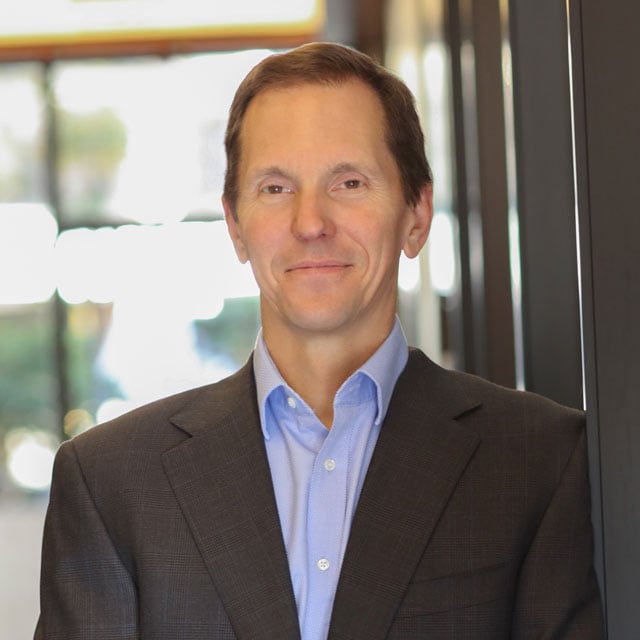Why a Tennis Pro Turned Solo Advisor Joined a Team

For 27 years, Dan Goldie was a solo independent advisor managing nearly $1 billion, helped only by an Excel spreadsheet and a calculator. He had no employees, no financial planning or trading software, and he used passive vehicles exclusively, mostly from a single mutual fund family.
That all changed when in 2019, Goldie sold his practice to Buckingham Strategic Wealth.
“The biggest surprise is the emotional feeling of loss … when I no longer had my own firm and firm name. It took me three years to get comfortable,” Goldie, 60, tells ThinkAdvisor.
On his own, he concentrated mainly on investment management. Now, he focuses largely on financial planning, which is essential to servicing clients “the Buckingham way,” as he puts it in the recent interview.
Goldie’s assets under management are about $900 million, and his book is packed with high-net-worth individual clients with an average $3 million to $5 million in investable assets, all of whom came with him when he moved to Buckingham.
And that move from independent advisor to employee wasn’t the first major change on Goldie’s career path.
In his 20s, he was a professional tennis player who won two singles and two doubles titles and reached the Wimbledon quarterfinals in 1989, defeating Jimmy Connors along the way.
Shin fractures forced his retirement at age 27, and that’s when he launched Dan Goldie Financial Services, an affiliate of Loring Ward, in Palo Alto, California.
In the phone interview from Silicon Valley, the chartered financial analyst notes how ever since college he had been “fascinated by how … people make investment decisions.” Goldie also discusses his succession plan for a retirement in five years.
Here are highlights of our conversation:
THINKADVISOR: You had a highly successful solo advisory practice, but in 2019, you sold it to Buckingham Strategic Wealth. Why did you want to merge your firm?
DAN GOLDIE: I thought the timing was good. The markets had been going up for quite a while, and valuations were good.
Also, my support team from Loring Ward was about to be acquired by Buckingham. So I saw the opportunity to piggyback with that transaction and join Buckingham too.
Plus, I thought the industry had reached a point where consolidation was underway and would be continuing for many years. I wanted to be earlier than later in that life cycle. I was 55.
Compare being a solo advisor with being part of a big RIA, as you are now.
The biggest surprise was the emotional feeling of loss that I had when I no longer had my own firm and firm name. I had built up the business for a long time. So I had a feeling of pride, of ownership. I was proud of what I’d done.
It took me three years to get comfortable: I’m an employee now, no longer an owner. It was an emotional, psychological adjustment.
Do you feel a sense of relief now without the responsibility and worries of running your own firm?
There’s an additional sense of financial security being part of a larger organization as opposed to being out there by myself.
All of your clients came with you to Buckingham. How did they react to your change from independent advisor to employee?
The biggest concern was that they just wanted to be sure I wasn’t retiring.
When I told them I wasn’t, they were completely fine.
What has benefited your clients most as a result of the merger?
It’s better to be a client of a larger organization. They’re being served better. There are so many more resources at my disposal and a broader set of services available with Buckingham.
Clients have an improved, broader suite of offerings to benefit from.
If I need assistance with something, I have people I can go to for help very easily.
Your first career was playing professional tennis. Why did you switch to financial advisory when you retired from tennis at age 27?
Ever since I studied economics in college, I’ve been fascinated by how markets work and how people make investment decisions.
In college, I had a short internship at a local financial planning firm.
I thought working with individual clients was really valuable because I grew up in a family that didn’t have [much] money and really struggled.
That experience led me to feel that making smart financial decisions is one of the most important things in life.






